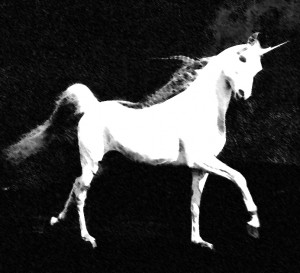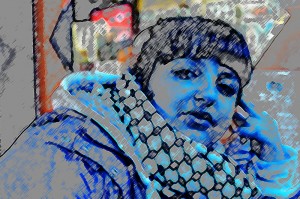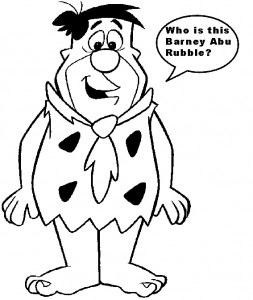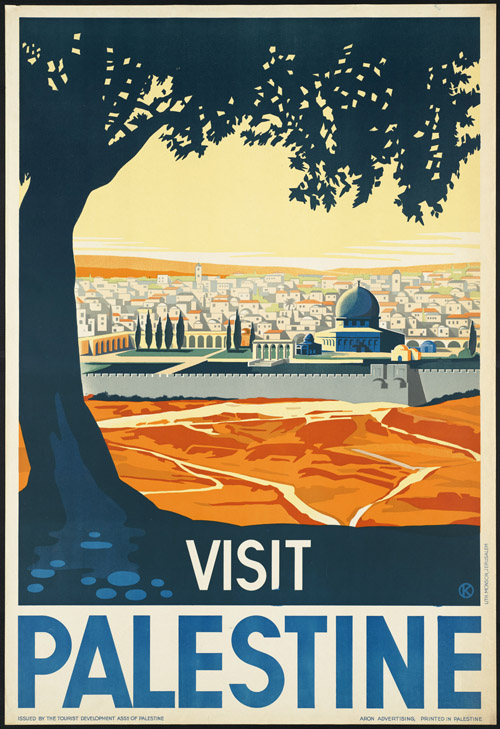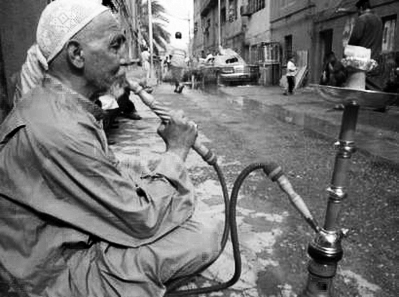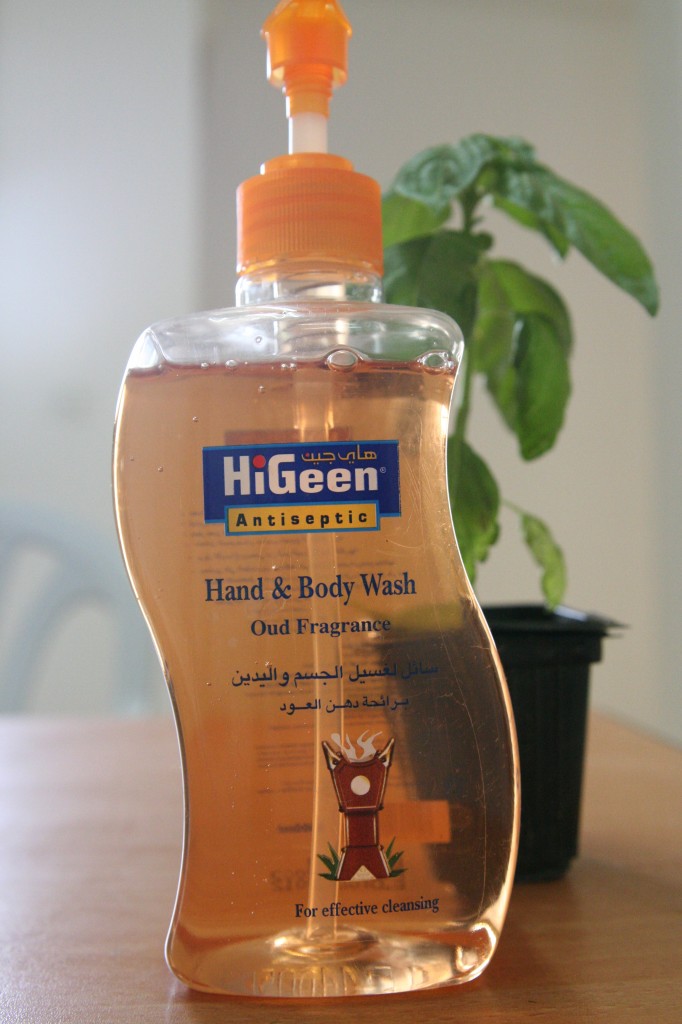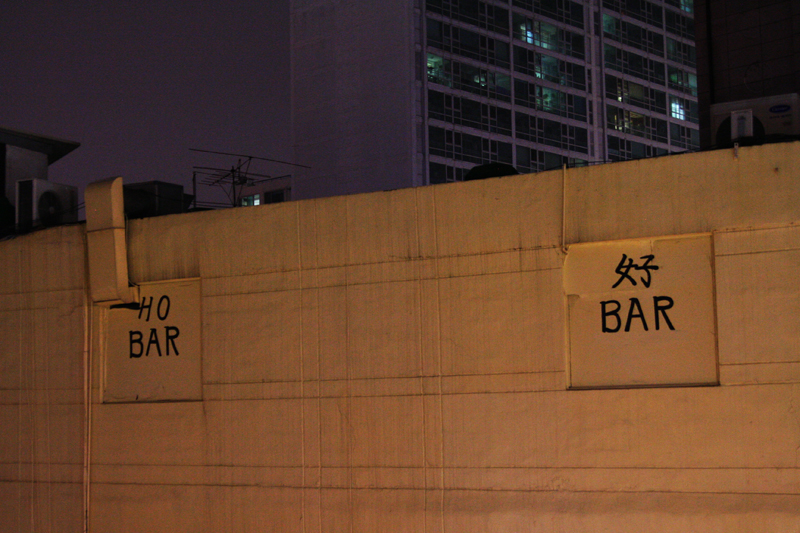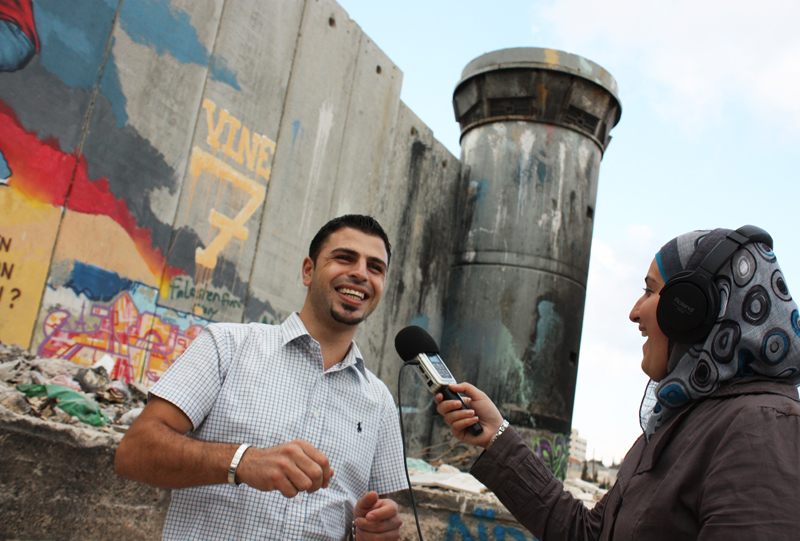 Photo by Mohammad Al Azzeh
Photo by Mohammad Al Azzeh
The topic, “promoting Palestine” is easily one of my all-time favourites. If there were an Olympic medal category which awarded gold to the individual who could go on and on and on, about the same point, without coming up for air – I would be a likely contender. Why? Well, because it’s such rich terrain; and here in the occupied Territories we have so much work to do!
The first time I visited Palestine many of my friends and colleagues were confused as to the whereabouts of this locale. “Pakistan?” they cooed. “Don’t you mean Israel?” they questioned. A few had heard about Gaza but weren’t quite sure how Bethlehem, Jenin, Nablus, Hebron and Ramallah fitted into the picture. When I told them about the occupied West Bank, their eyes widened and eyebrows arched. I realised pretty quickly that people who are not already engaged in political activism or indeed haven’t visited ‘The Holy Land’ themselves, understand very little about who Palestinians are and what occupation means.
Mainstream western media is reactionary. Beyond covering a clash here and another clash there, media does very little to inform everyday people living in the United States, United Kingdom, Australia and Europe about day-to-day life outside their immediate cultural sphere.
I went clubbing the other night in Bethlehem. The dance-floor was awash with Christian, Muslim and Atheist Palestinians shaking their tail feathers to a mix of Arabic and Western musics. When I got home in the wee hours of the morning, I chatted to a friend on Skype who was amazed to learn not only that discos exist here in the occupied Palestinian Territories, but that Palestinians come in all shapes and sizes, political and spiritual persuasions. Mainstream media is masterful at dehumanising people – regardless of how vibrant or diverse a culture may be.
Growing up in Australia in the 1980’s and 1990’s, I got to see a number of stories about Iraq on the nightly news bulletins. After filling out my maths homework and hiding the dreaded cauliflower beneath the napkin, my family would turn on the television and we’d watch the news together. It was clear from the way the news packages were produced, that Saddam was the bad guy, and that the people living there had absolutely nothing in common with me. I’d never met an Iraqi before so my sole interaction with an entire nation of people was those 3 minutes of sensationalism. The camera capturing only that which looked exotic and foreign; the reporter donning a hard-hat and press vest, shaking in the aftermath of an explosion as dust settled behind him. But when Salam Pax started his now infamous blog in 2003, the walls of this construct came a-crumbling down. Suddenly everyday people living all over the world were connecting with an Iraqi. And guess what? He was human, like them. Who would have thought it, eh?
This type of democratisation of media heralds exciting possibilities for Palestinians. The advancement of the world wide web has enabled users around the world to access information and ideas that have been previously unavailable. And, in turn, this same platform serves as an effective medium for individuals from a variety of circumstances to produce content & communicate to as big an audience as they desire. Sure, blogging and social media are a hell of a lot of work, but if you’ve got the muscle, the will and the know-how, the audience is limitless.
There’s no shortage of political or news-based blogs about Palestine, many of which I’ve bookmarked and read daily. Some offer eye-witness testimonies about the reality of what’s happening here on the ground, others are unashamedly didactic and preach to a select audience of likeminded thinkers. Without question there’s a place for it all and an audience too; both offer a vital alternative to what’s delivered by the majority of news sources. But, it’s also time to start promoting Palestine and Palestinians outside of the political arena and re-humanise a people who, thanks to mainstream media, are only that three-minute sensationalised caricature to many in the West.
Now is the time for everyday Palestinians to get busy. And to date, there’s been some brilliant projects; Gaza Mom (www.gazamom.com) is one of my favourites. It is a blog penned by a journalist and mother from Gaza City. She and her family are currently living in the United States, unable to return or even visit Gaza due to the siege. Her blog is extremely effective as it marries human stories about everyday life with the reality of the political situation. Telling stories this way uses the shared human experiences strategically to unite reader and blogger. This means that the differences that do occur due to human rights abuses, siege and occupation, can be interpreted in an empathic space by the reader. She is not a statistic but a human being in a bad situation.
With this in mind, in November 2008 I established Radio Lajee (www.radiolajee.com) through the Lajee Center at Aida Camp, Bethlehem. The project provides interested Palestinian individuals with the resources and skills required to produce their content their way for a Western audience. To date, a bunch of refugee youth aged between 11 and 26 years have produced content for the website – and its diversity is truly exciting. There are stories ranging from Palestinian cooking segments to radio plays, to photographic slide-shows, to confessional yarns about their lives and experiences.
The eclectic nature of the work they are doing is extremely effective – not only is it accessible to individuals in the West who are afraid of a strictly political discourse, but it also showcases the richness of Palestinian culture, bringing a human face to this people and conflict.
The media business is an industry with strict objectives, guidelines and money to be made like any other. But thanks to more accessible media tools and the willingness of its audience to change their habits, everyday individuals with the language skills now have the ability to bypass this controlled arena. They have the power to transform that three-minutes of sensationalism to something three-dimensional, real and truly affecting.
Daz Chandler is an Australian media producer with a background in marketing, film, broadcast journalism and content strategy. The online project she’s been facilitating with young Palestinian refugees can be found at www.radiolajee.com
This article was first published in the November 2010 issue of the monthly magazine, ‘This Week In Palestine‘.
